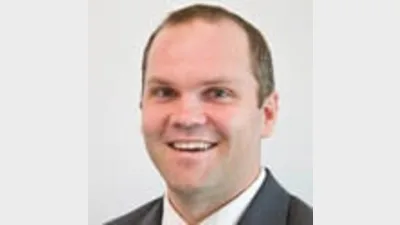Industry funds acknowledge collateral damage



|
|
Several speakers at the Australian Institute of Super Fund Trustees member symposium have acknowledged that the industry fund's war on commissions has caused collateral damage to financial advice generally and damaged the ability of super funds to promote in-house advice to members.
Speaking at the symposium in Melbourne, the executive manager of industry super fund HESTA, Debbie Blakey, said that the war on commissions had caused collateral damage to both financial advice and the super funds themselves.
"[A lack of] trust [of planners] has come up strong in our research. And quite honestly it surprises us a little bit that [members] actually question our motives. And I think we need to be quite honest and say that the war on commissions that has been waged primarily by industry funds has been fantastic, successful and very beneficial as a whole ... but it has come with a little collateral damage," she said.
"Although the war was waged on commissions and was never an attack against advice or advisers, members bundle it all up together, and members do look at us sometimes and think, 'Well yes, but what's in it for you?'"
Blakey said there was now an opportunity to build that trust in advice.
Joanne Caruana, manager of employer services at Equipsuper, said the fund was reverting back to informing its members of its philosophy of 'members' best interests' and low cost in a bid to generate fund member confidence in their advisers.
Steven Travis, general manager of member and employer service deliver at Sunsuper, said the fund's research into advice in super, commissioned during the collapse of Storm Financial, showed that its members did not trust the super fund.
"Any form of trying to increase the penetration of advice to membership has to solve issues around trust," he said.
Recommended for you
Unregistered managed investment scheme operator Chris Marco has been sentenced after being found guilty of 43 fraud charges, receiving the highest sentence imposed by an Australian court regarding an ASIC criminal investigation.
ASIC has cancelled the AFSL of Sydney-based Arrumar Private after it failed to comply with the conditions of its licence.
Two investment advisory research houses have announced a merger to form a combined entity under the name Delta Portfolios.
The top five licensees are demonstrating a “strong recovery” from losses in the first half of the year, and the gap is narrowing between their respective adviser numbers.











